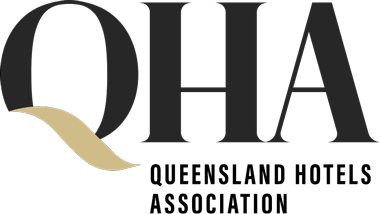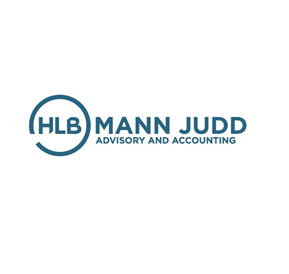It pays to start preparing early…
Over the past 12 months, there have been significant regulatory changes in how companies disclose information about their greenhouse gas emissions.
The most notable is the mandatory standard AASB S2 Climate-related Disclosures, which came into effect for reporting periods beginning 1 January 2025 and is being phased in through to 1 July 2027. Although this disclosure relates to large companies, it carries important implications for smaller companies. Such companies that sit within the supply chains of large companies are likely to be asked to provide their greenhouse gas (GHG) emission data.
What climate disclosures impact SMEs?
Climate-related disclosures require companies to provide information across four key areas: governance, strategy, risk management and metrics and targets. Under the metrics and targets section, companies must report their GHG emissions and GHG emission reduction targets. GHG emissions are categorised into three distinct scopes:
· Scope 1 – Direct emissions from sources owned or controlled by the organisation
· Scope 2 – Indirect emissions from the consumption of purchased electricity
· Scope 3 – All other indirect emissions from sources not owned or controlled by the organisation that occur in the supply chain both upstream and downstream, including purchased goods and services.
As Scope 3 emissions are generated by a company’s suppliers, any emissions generated by organisations delivering products or services will need to be reported by their customers. These emissions typically represent 80 to 90 per cent of total emissions, making them a critical focus.
Scope 3 emissions for purchased goods and services are calculated using one of three methods:
· Spend-based – multiplying the amount spent on goods and services by an emissions factor
· Average data – multiplying the quantity of goods and services purchased by an emissions factor
· Supplier-specific – actual emissions data from suppliers based on their own carbon accounting.
Emissions factors are based on industry averages sourced from published databases, government statistics and academic studies. Consequently, when using spend-based data the only way to lower reported emissions is by reducing spending.
If a company has committed to reducing its Scope 3 emissions, it must adopt the supplier-specific method to demonstrate emission reductions. This requires verifying emissions data directly from suppliers based on their own emissions calculations.
Large organisations such as Woolworths, BHP, Wesfarmers and Telstra have set Scope 3 emission reduction targets and are already engaging with suppliers – many of whom are small businesses – to obtain supplier-specific information. This trend is only going to increase as more companies fall into the climate-related disclosures regime.
Case Study
FreshMart, a supermarket chain subject to mandatory climate reporting, has set a target to reduce Scope 3 emissions by 12.5 per cent by 2030. In order to meet this target, it has begun engaging with suppliers to collect supplier-specific emissions data. One of these suppliers is Vegetable Harvest Co, a medium sized vegetable producer. FreshMart, which is one of its key customers, has asked Vegetable Harvest Co to disclose the amount of GHGs emitted during the production of the vegetables supplied to them. To provide this information Vegetable Harvest Co will need to calculate their Scope 1, Scope 2 and upstream Scope 3 GHG emissions for the latest reporting period.
There are other circumstances where SMEs may be requested to provide GHG emissions data including when tendering for work (particularly to government organisations), obtaining finance and applying for grants. Business that supply goods or services to large organisations should consider whether they will be impacted. If so, it pays to start preparing early.
HLB Mann Judd is an Australasian advisory and accounting firm with offices located in major cities and regional business centres in Australia, New Zealand and Fiji. Our experienced team of specialists provide advice and services to a large and diversified client base that includes growing businesses, governments, not for profits and individuals. For any ESG and sustainability queries, please contact Chew Mar on (07) 3001 8884 / cmar@hlbqld.com.au or James Henderson on (07) 3001 8811 / jhenderson@hlbqld.com.au
This article was authored by Rebecca Zuromski, Associate Director at HLB Mann Judd Adelaide and published on www.hlb.com.au


